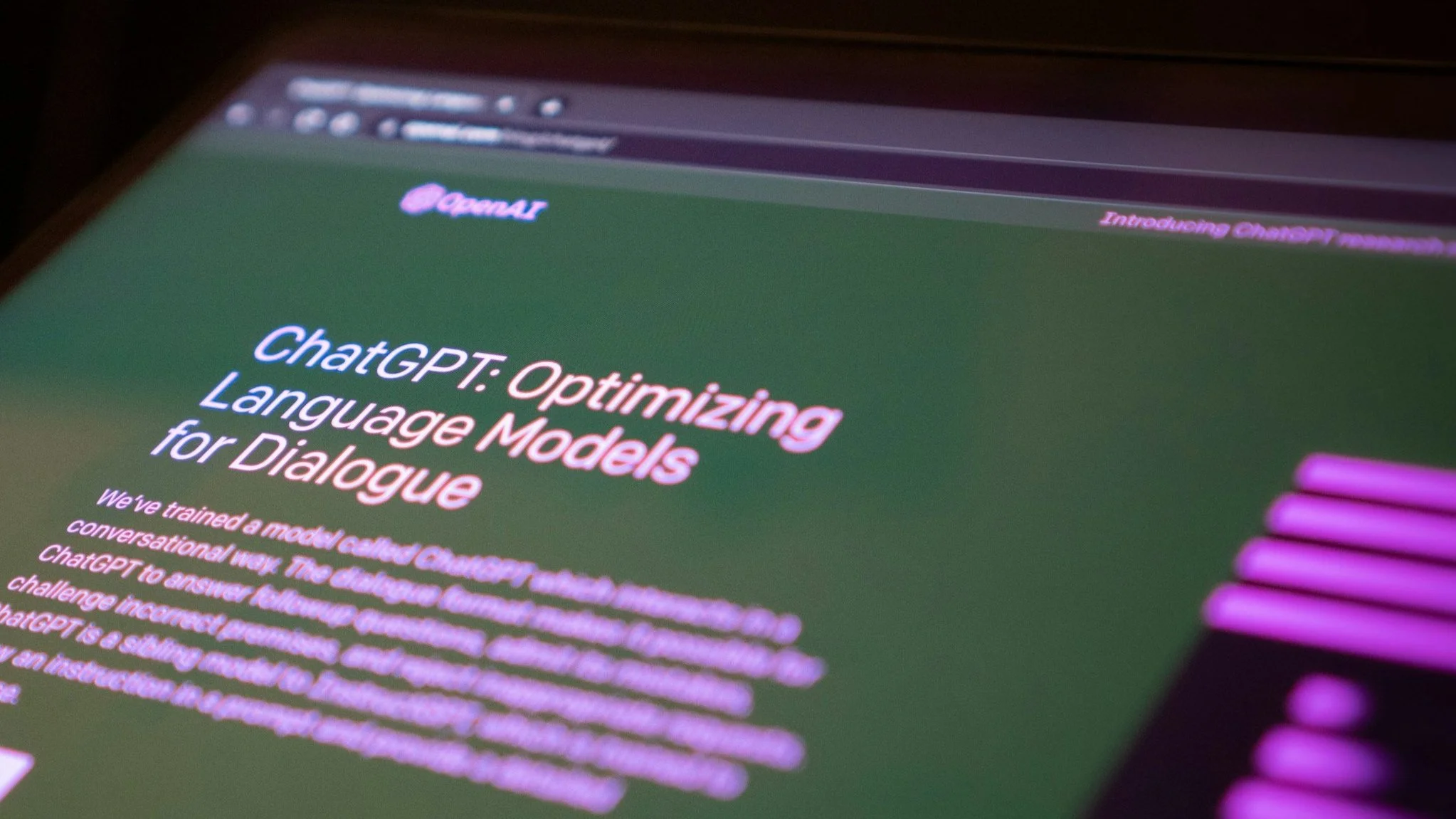How does AI search work?
The rise of chatbots and AI search is changing the way people navigate the web. This is affecting how visible your website is and what you need to do to attract visitors. Here we give you an introduction to how AI search works.
Understanding how AI search works, in addition to knowing traditional SEO, will definitely give you and your website a competitive advantage. Based on this article from Squarespace, we show you how AI SEO works, and what you can do to optimize for it.
First; What is AI-SEO or AIO?
AI SEO refers to tactics you can use to optimize your website so that it is understood and displayed in search results or as sources on platforms like Google, ChatGPT, Gemini, and Perplexity. Where the goal of traditional SEO is to rank higher in search engines, AI optimization (AIO) is about making your website visible in AI answers or AI overviews.
Since this field is still evolving, you may encounter other abbreviations such as GEO (generative engine optimization), AEO (answer engine optimization), and LLMO (large language model optimization), in addition to AIO.
AIO and SEO both rely on factors like trustworthiness and usefulness to promote content, but the way these signals are captured can vary. AI-generated search results can also vary more from search to search than traditional search rankings do.
How does AI search work?
AI, like search engines, “crawls” through web pages on the internet to understand the content and figure out what topics it is relevant to. Instead of matching results to a keyword, as traditional searches do, AI tries to provide a personalized and nuanced answer based on your unique question, taking into account intent and context.
Answers vary from platform to platform, and if you search for the same term multiple times, you will often get different results. This gives your website more opportunities to appear, but also more potential searches to optimize for.
Read also: How to make your website ready for AI search
Different types of AI search results
How websites appear in AI searches depends on the platform you use and the type of search you perform. Here's a simplified overview of how your website may appear in AI responses:
Direct answers: This is, for example, what you get in Google's AI Overviews, where AI provides a summary based on multiple sources, and refers to websites as sources.
Featured sources: Websites that AI tools explicitly cite and highlight in the answer or search results.
Conversation-based recommendations: Personalized recommendations provided via AI chatbots, for example recommended businesses or products.
AI visibility vs. traffic
Before you start customizing your website for AIO, you should set clear and measurable goals. For AIO, these will often be about visibility or website traffic . Visibility can help build awareness of your brand, while traffic more often leads to tangible results, such as new customers or followers. By setting goals for both, you can more easily choose which strategies to focus on.
But make sure your goals are realistic. Unlike traditional SEO, AI search can make your website much more visible without necessarily generating more traffic. Since users get their answers directly from a summary or chatbot, they often won’t feel the need to click through to the website itself. Therefore, it may be wise to set a more realistic traffic goal, or define a baseline to compare to before you start your AIO efforts.
Would you like to know more about AIO or Sqaurespace? Feel free to contact me: astri@gasta.no


